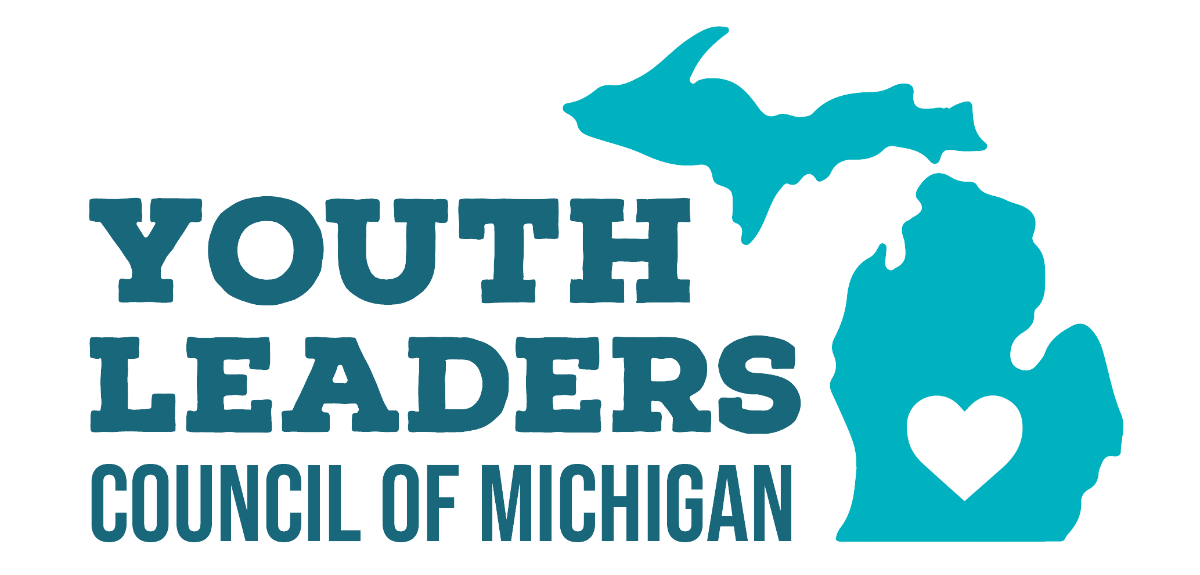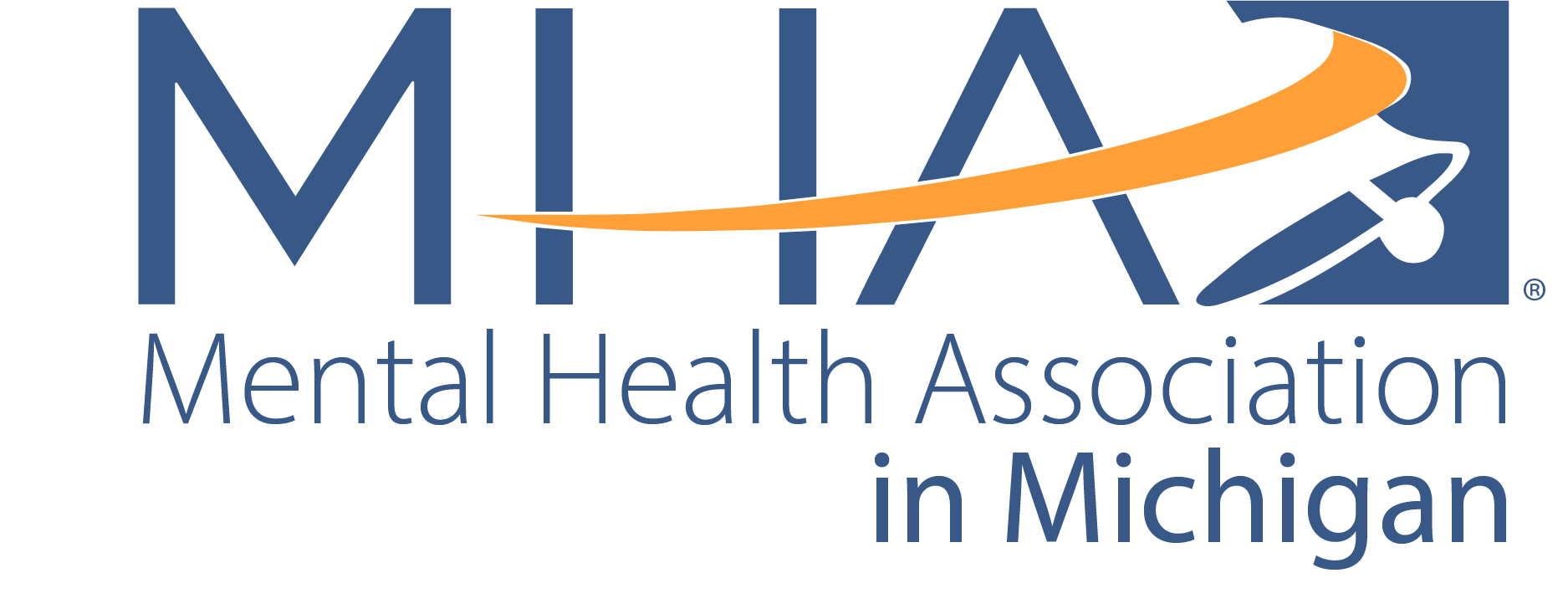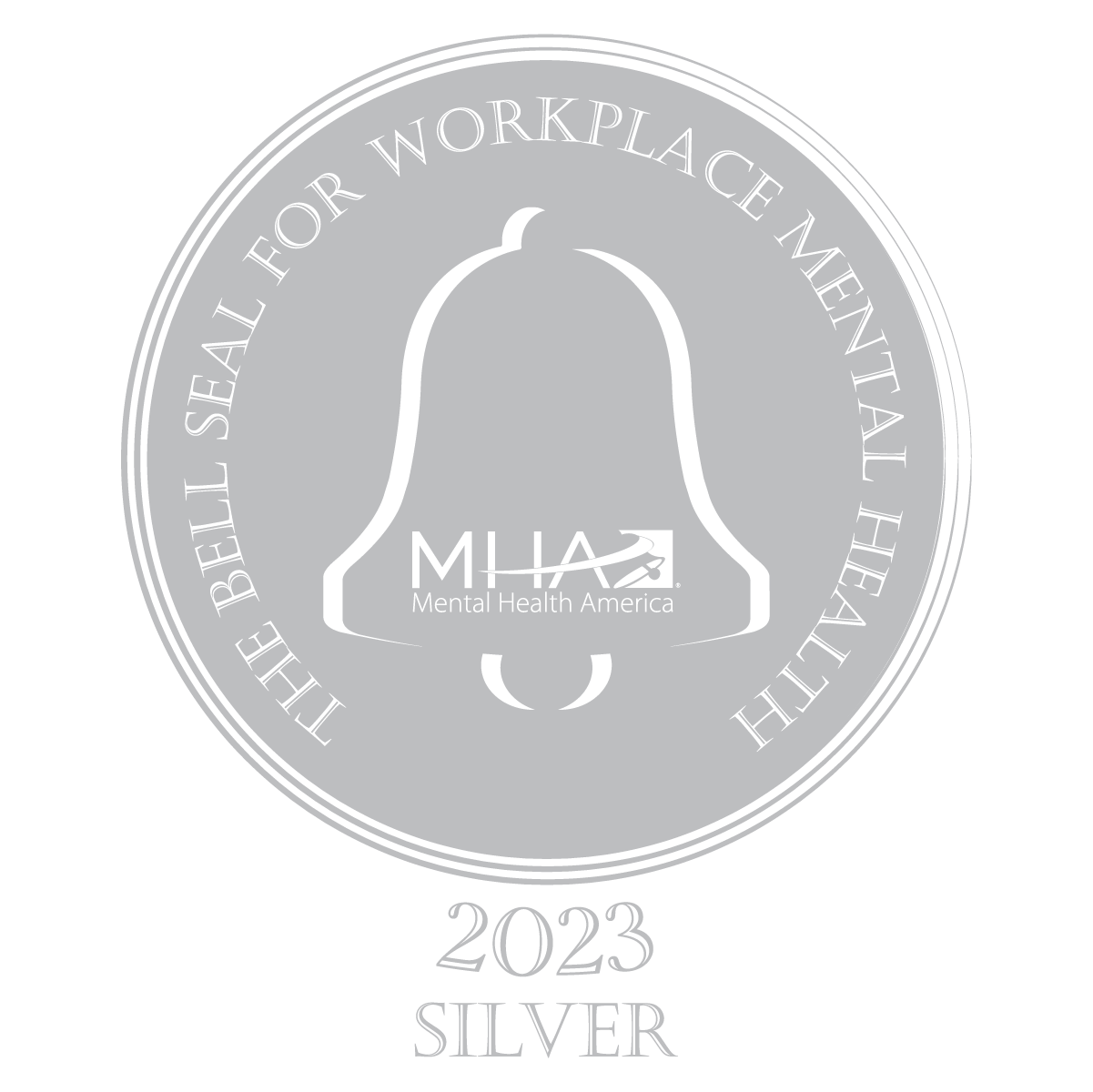Policy & Advocacy
In Finding Advocacy: An Anthology on Mental Health Matters in Michigan is a piece of work created by the 2024 Youth Leaders Council of Michigan. Aiming to create safer, more accessible mental health systems in Michigan, the council members account their firsthand experiences with childhood mental health and how it has brought them to find their place in advocating for children. Members explore what it means to be a mental health advocate and who they now stand to protect, given their life circumstances. The anthology goes on to be a policy guide, detailing the YLC's policy positions on current legislative bills in the Michigan House and Senate that they believe to be beneficial for the mental health of children and citizens in Michigan.


How the Mental Health Association
in Michigan (MHAM) Works
- MHAM gathers and interprets information about mental health problems and conditions for the public and individuals who shape public policy in Michigan.
- MHAM evaluates a variety of public and private mental health services; making recommendations for improvements in these programs; and stimulating demonstration projects to link individuals to needed services.
- MHAM makes available to the public, as well as providers and recipients of mental health services, educational literature covering all aspects of mental health and mental illness.
Current Policy Initiatives
1. State Budget. Advocate for sufficient State resources for an accessible continuum of mental health services for adults and children statewide.
2. Monitor, Evaluate and Contribute to Proposals on the Community Mental Health System.
3. Workforce. Encourage development of the mental health workforce.
4. Children, Youth, and Families. Seek coordinated solutions that meet the needs of families.
5. Crisis Services. Advocate for services that improve access and outcomes in mental health crises.
6. Psychiatric Hospital Beds.
7. Psychiatric Residential Licensing.
8. Accountability and Oversight.
9. Integrated Behavioral Health Care.
10. Recipient Rights and Due Process.
11. Continuity of Care for Youth and Adults.
12. Mental Health Parity
13. Assisted Outpatient Treatment (AOT).
14. Diversion from the Criminal Justice System, Incarceration and Discharge.
15. Early Intervention and Trauma-Informed Care.


